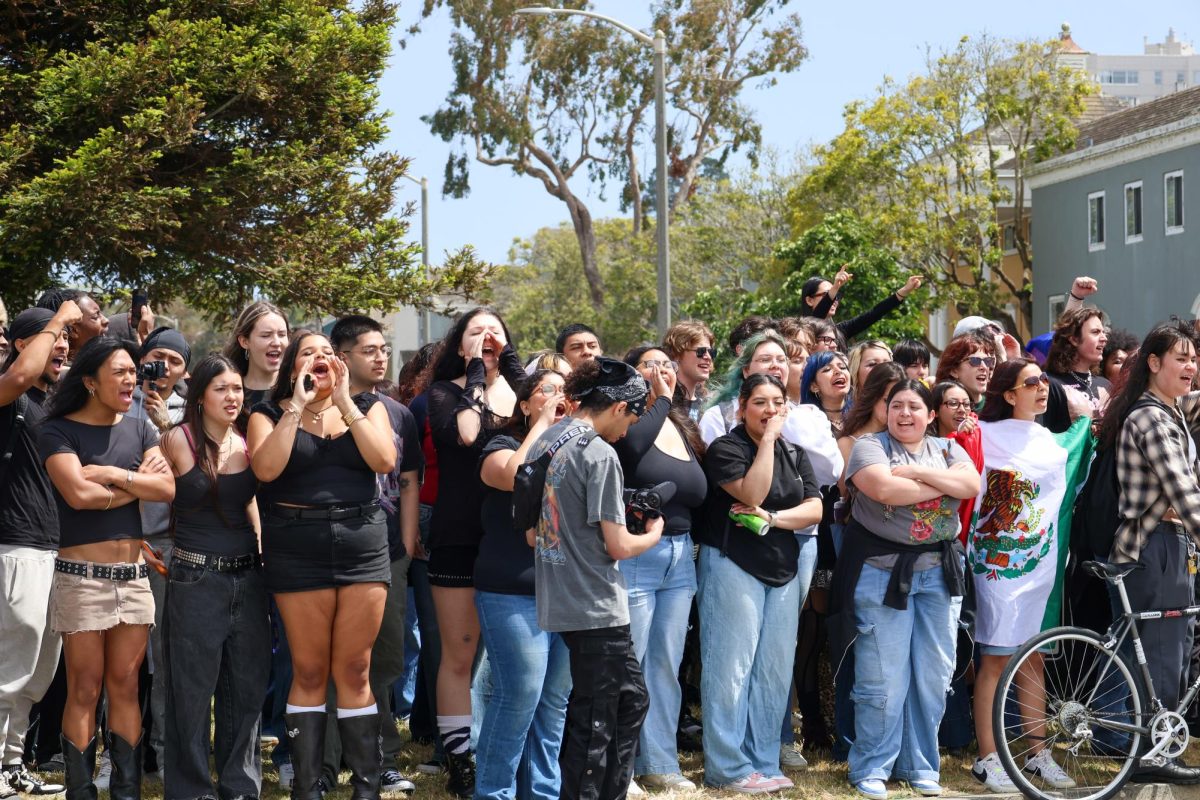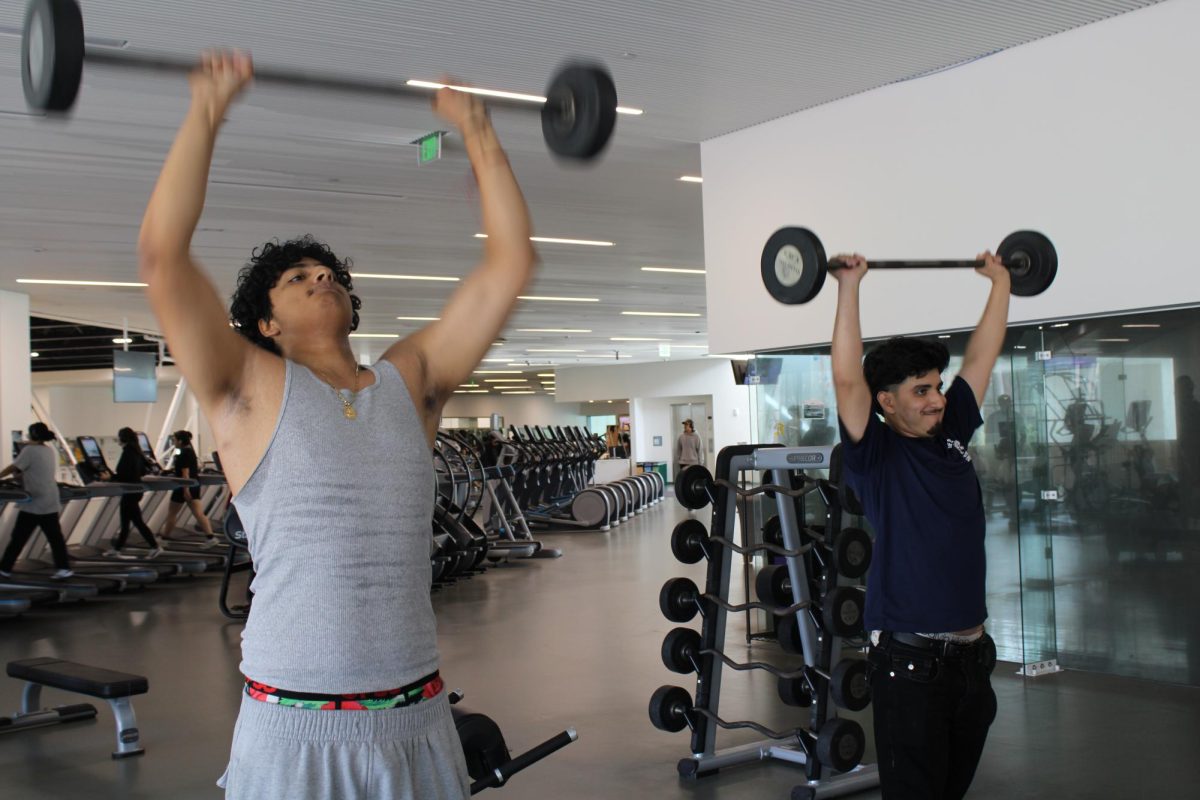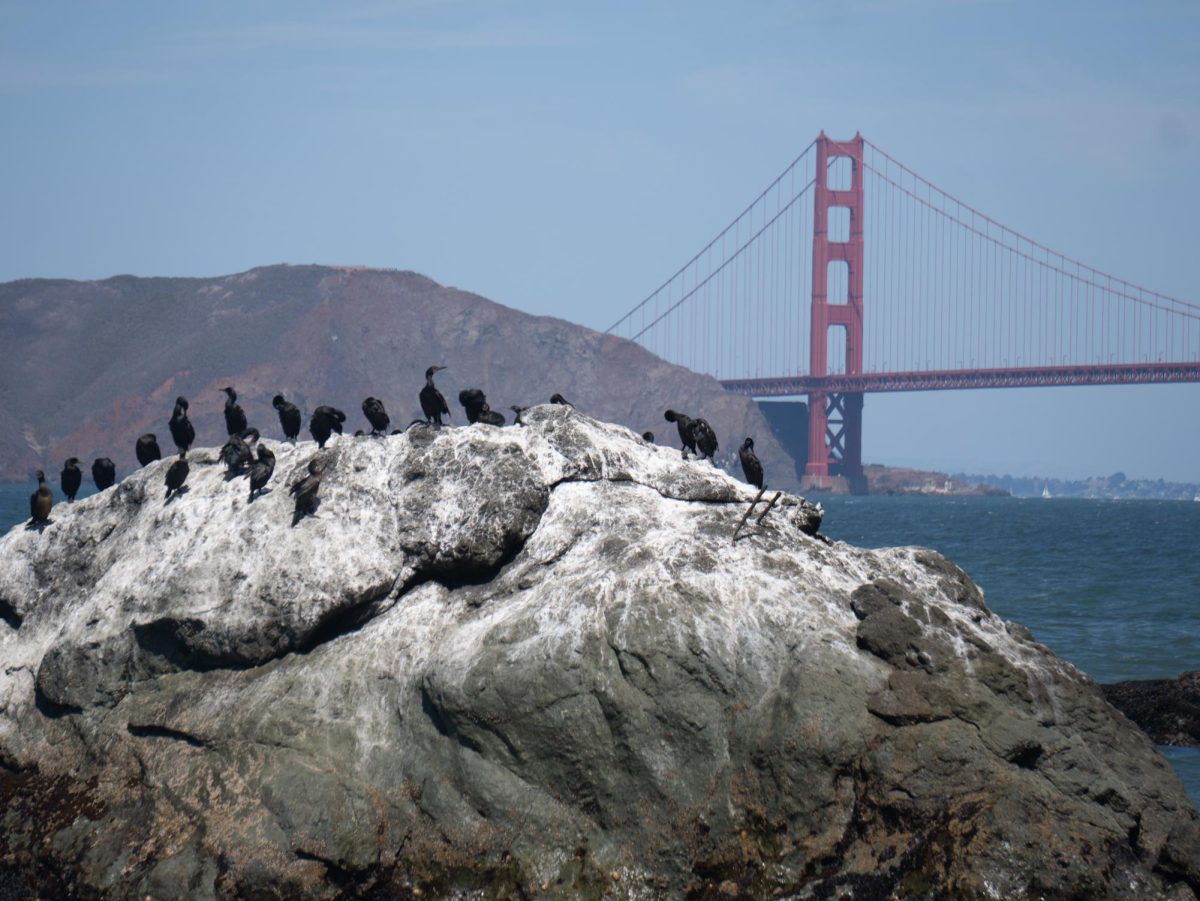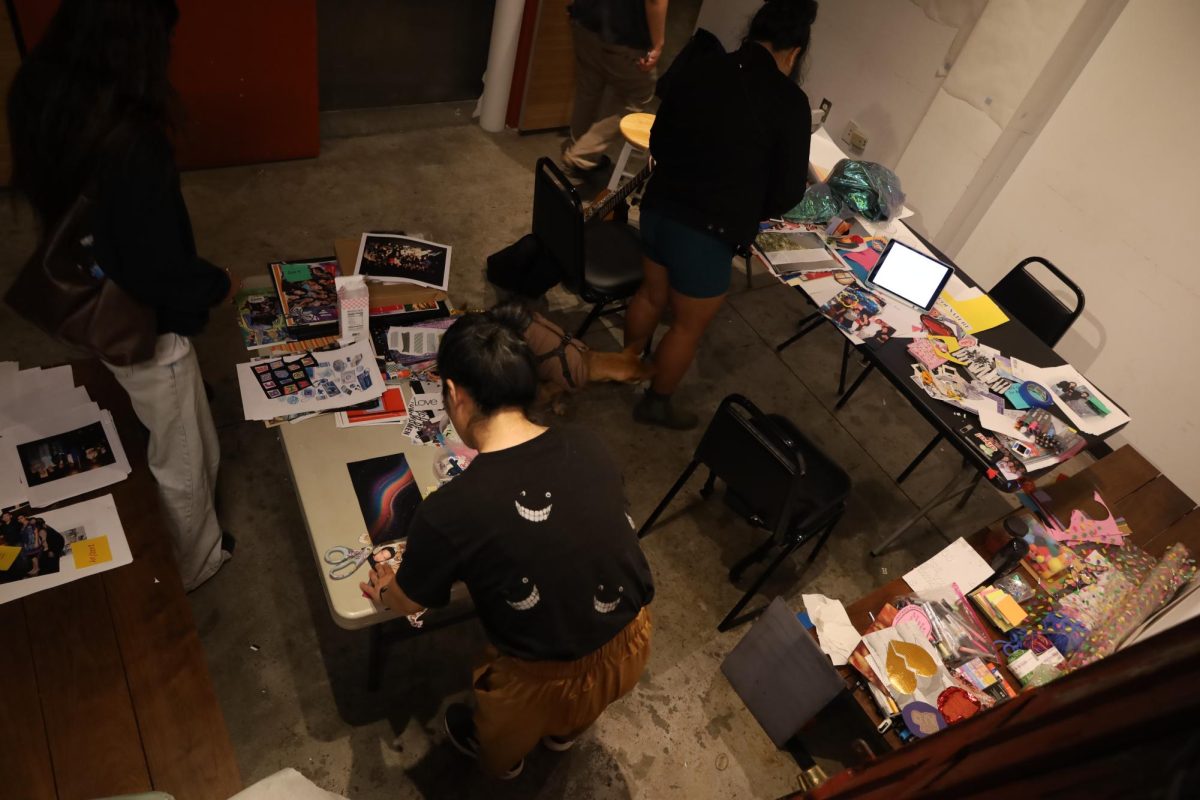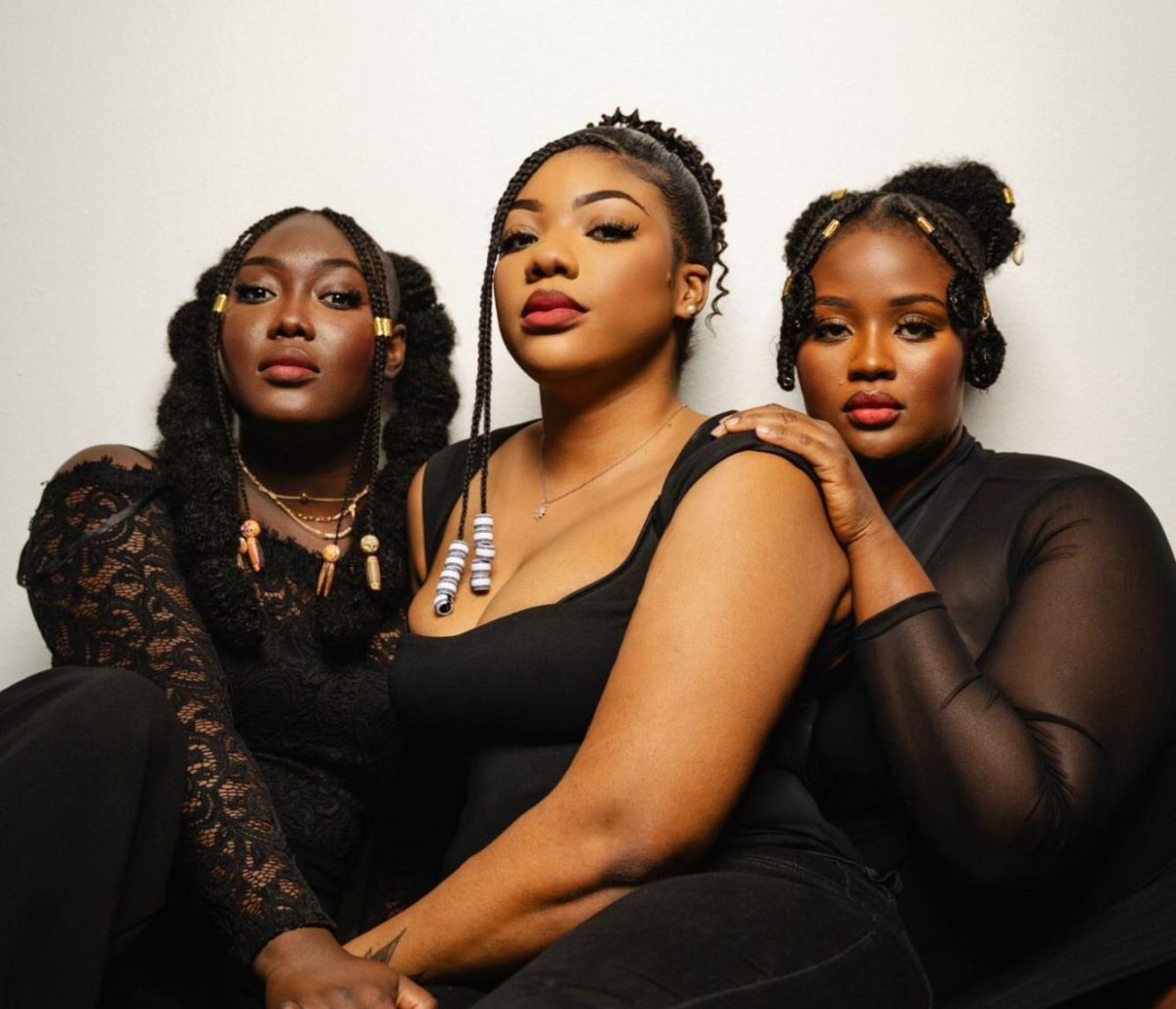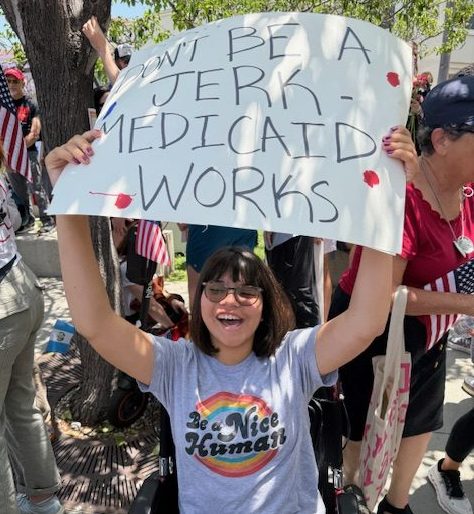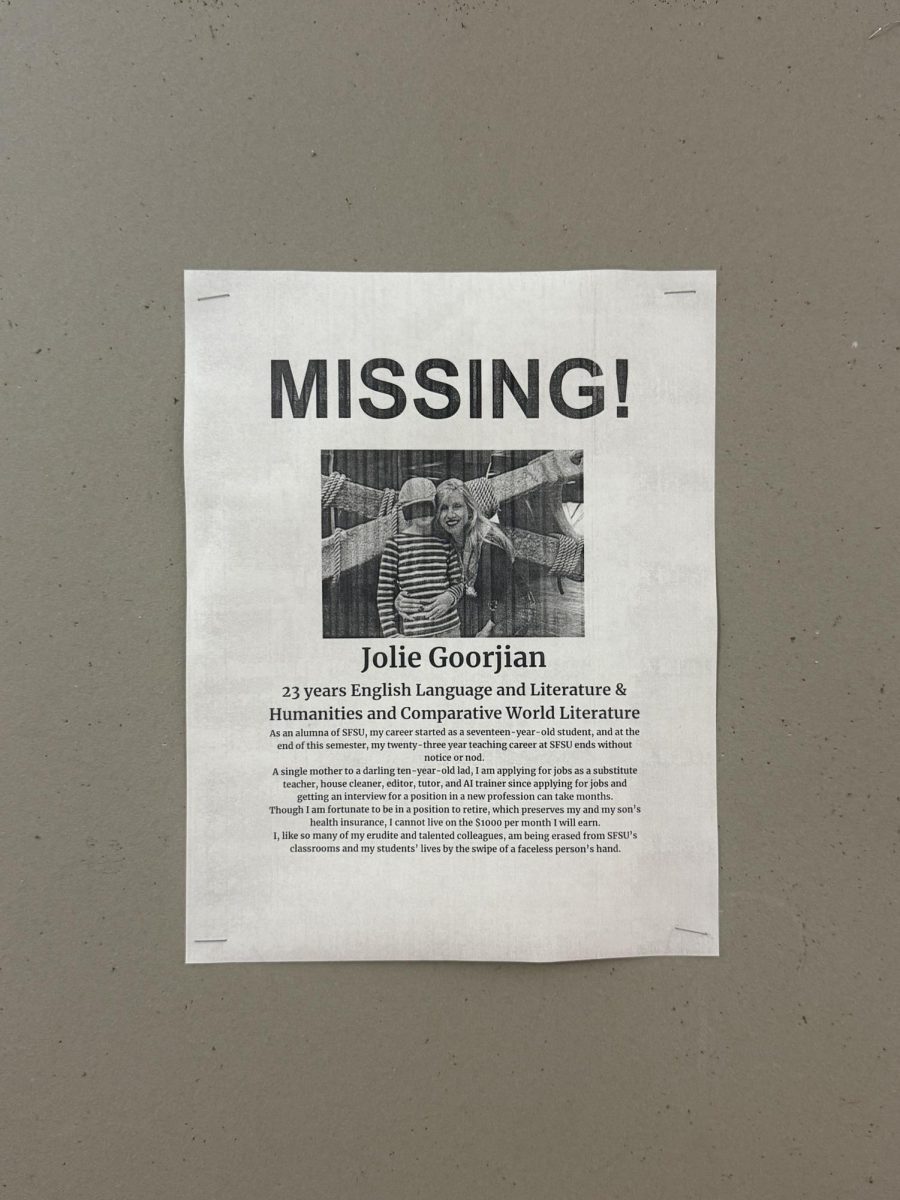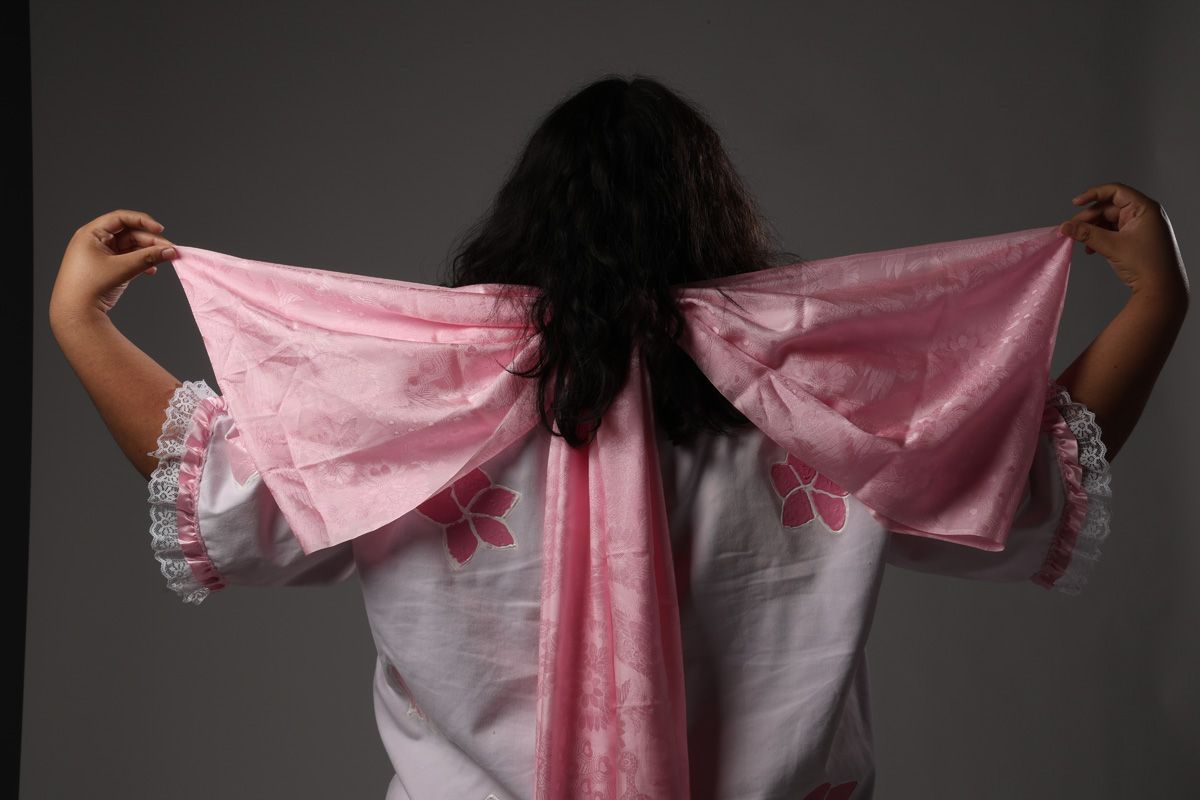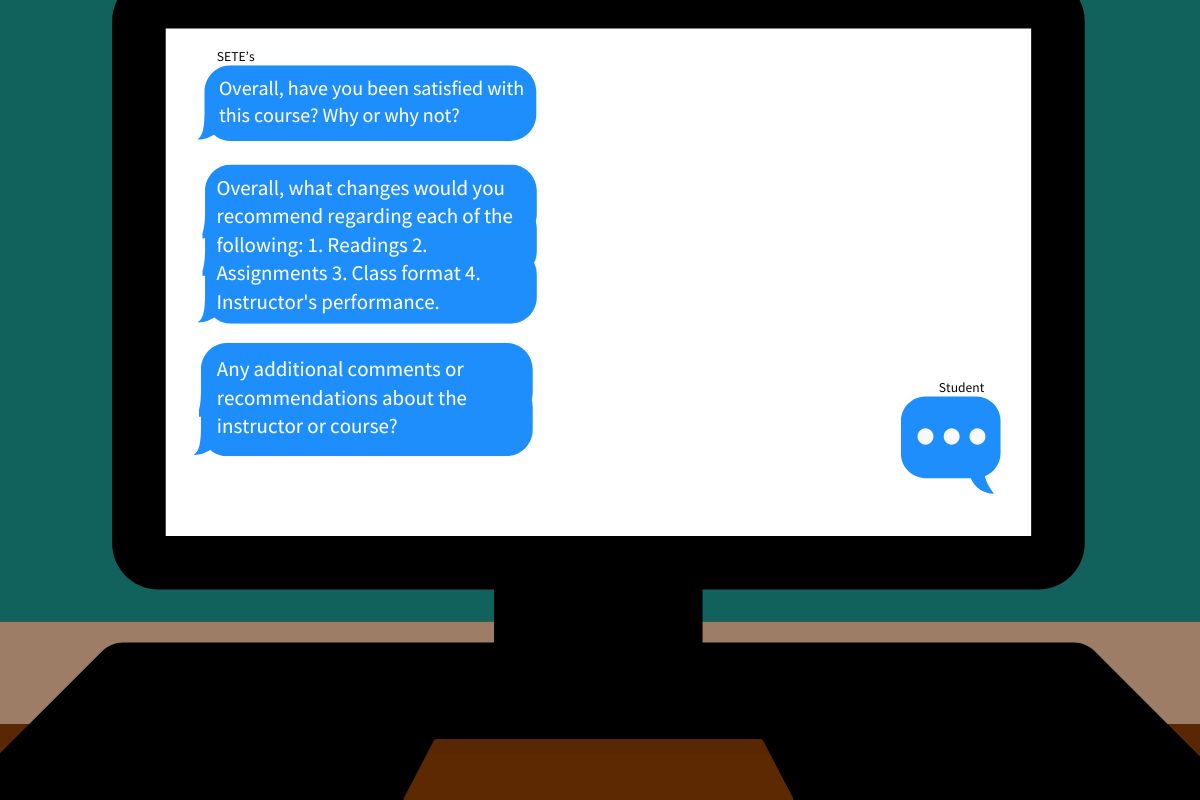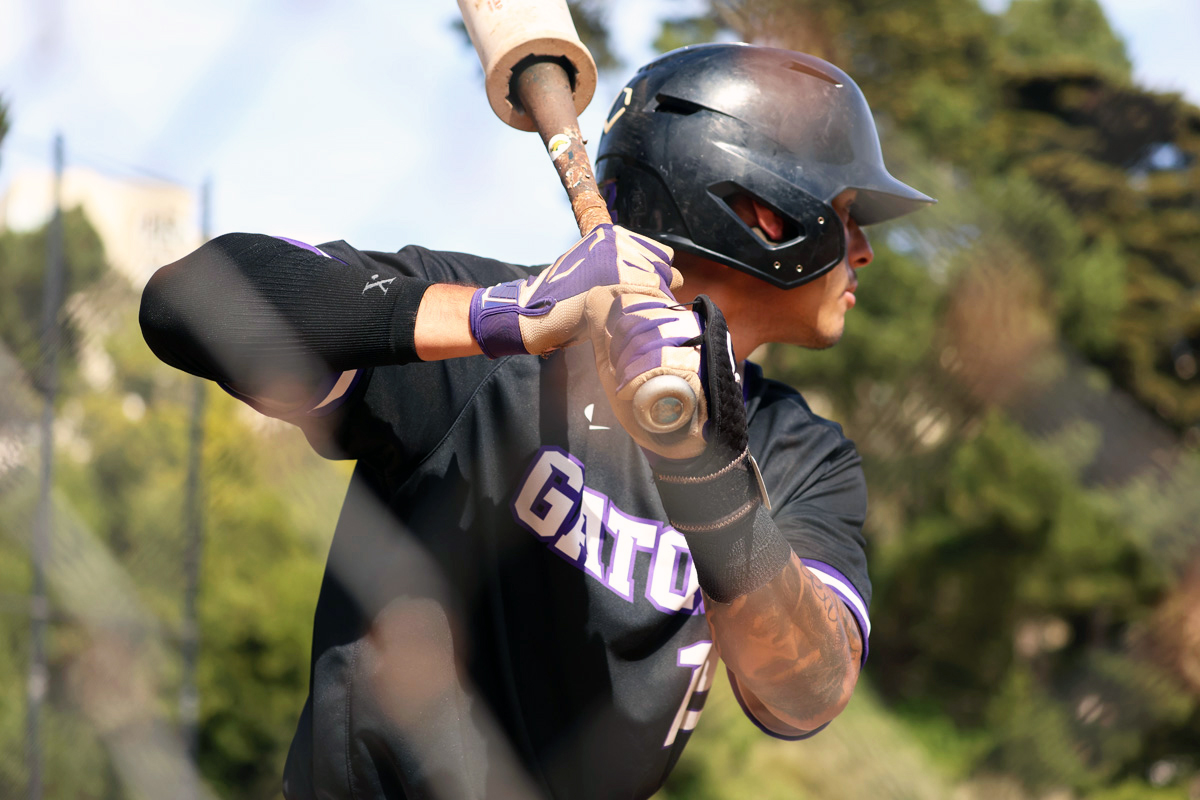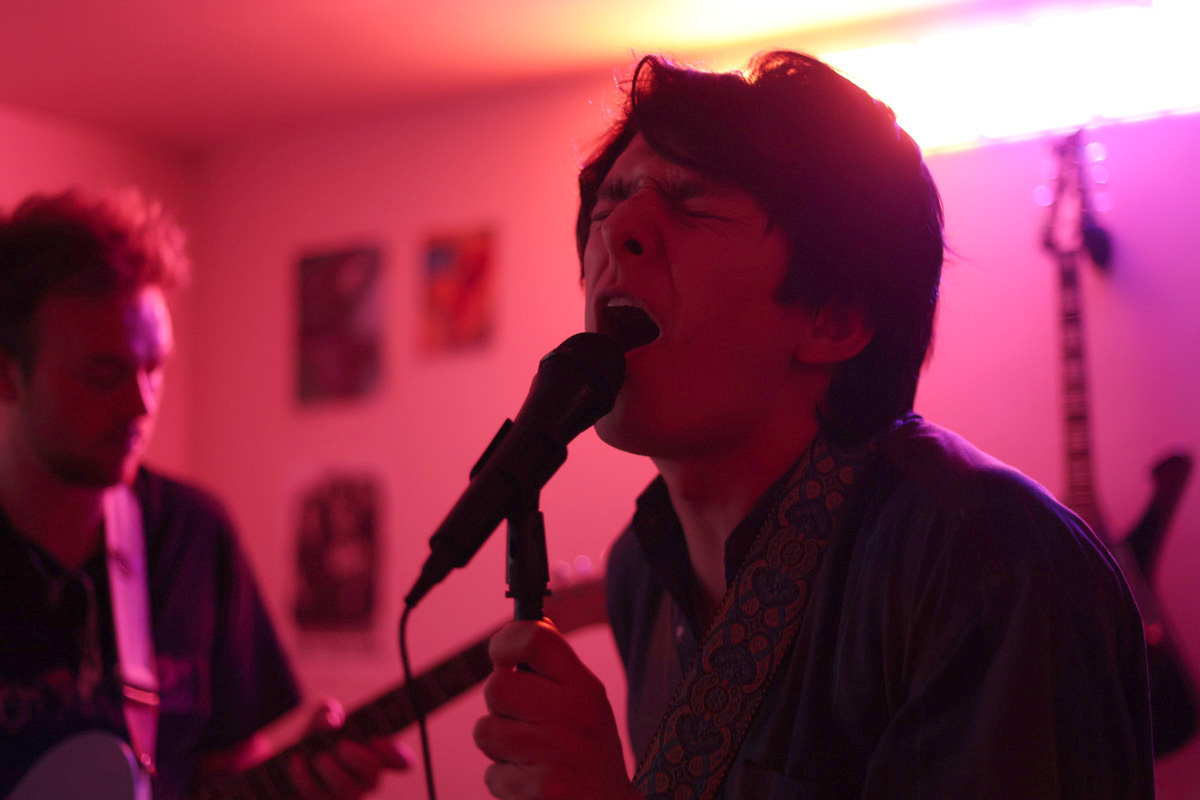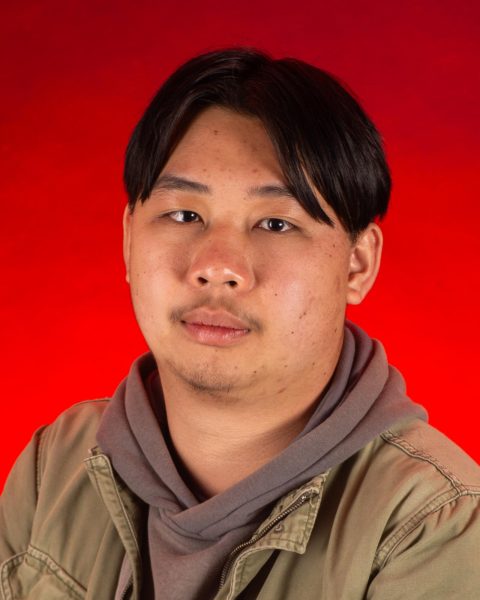Colleges are commonly regarded as stages for academic discourse and discussion, and SF State is no exception. From a rally for safer campus conditions back when it was a teachers college to 1968’s Third World Liberation Front strike and beyond, SF State stands out as a historical landmark of student activism.
One facet of that activism is bringing guest speakers to campus. For instance, in 2016, SF Hillel, a Jewish student organization at SF State, hosted Nir Barkat, Jerusalem’s mayor at the time, for one such occasion. However, the event was disrupted and ultimately canceled, after pro-Palestine protesters stood in a corner of the room and chanted “Free, free Palestine” and “End the occupation now,” among other slogans associated with the movement. A statement by a Hillel student leader who attended the event was posted online 15 days later.
“I wish that in that moment, the yelling would have ceased, not to rid the room of the disturbing chants, but to create a space where we could speak our minds and share our differing definitions,” the statement reads. “I’m not saying that one single conversation will yield solutions, but if our conversations allow others to be heard, to create a space for people to learn and formulate their narratives and beliefs, and then encourage others to do the same, then it’s not a bad place to start.”
From that time, Jewish students felt like ‘We can’t have a speaker event. We are not able to have the same things as other students,’ ” said Emily Simons, Hillel’s associate director of community engagement. “And other events came throughout the years, from 2015 to 2019, of Jewish students actively being discriminated against and not allowed to participate in events.”
One of the students who had organized Barkat’s visit was enrolled in a class taught by Marcela García-Castañon, associate professor of political science. At one point, that student, flustered, ran into the classroom and expressed concerns about their interactions with other students regarding their involvement in organizing the event. Following that event, the university created the Time, Place and Manner policy, which outlines criteria for when, where and how students can express their ideas.
“When you don’t create a culture or conditions among your students to better engage with those policies those practices, to have the tools necessary to understand both sides of those experiences, then it’s a disservice,” said García-Castañon, who goes on to point out how the policy can be used to “restrict” speech: a situation that she has had to consider when it comes to certain classes she teaches, such as PLSI 464: Race and American Politics, which she is teaching this semester.
“I talk about race, I talk about racism, I talk about the differences both in outcome and experiences of different racial ethnic groups,” García-Castañon continued. “I talked about the history of where we got, or how we got to where we got, and I don’t pretend that it was all good. […] When you do this work with a student body that is as diverse as the student body at San Francisco’s State, it really is important to acknowledge that they bring certain opinions or perspectives to the table that are different from what the texts are showing them. My job is to help them bridge and have the conversation, and so if I’m able to have help them have difficult conversations about race, about privilege, about equity, about social justice, then I’m doing my job as an educator […] it’s really about building a space where students are able to engage more coherently with people who just are different than them.”
Like García-Castañon, Takumi Sugawara, a second-year humanities major, took on the role of president of the university’s Turning Point USA chapter at the start of this semester, despite not completely identifying as conservative. Sugawara did so because he wanted to initiate civil dialogue and provide a space on campus for conservative-identifying students to voice their opinions.
“I wouldn’t say people here students here hate conservatives, but rather, they’ve never encountered conservative beliefs on a personal level,” said Sugawara. “No, you hear conservative ideas through media or online stuff, but also at the same time, people don’t talk to people who have conservative mindsets.”
Although he aims to be open to discussion, Sugawara believes conservatives see more suppression of speech than liberals due to the former being a political minority, especially on college campuses like SF State. However, he does acknowledge that everyone on the political spectrum is capable of chilling speech.
“College should be a place where you’re exposed to different ideas, so that should be the case—you got to ask questions that might make the atmosphere a little bit more uncomfortable,” Sugawara said. “Not raising your voice—it’s not the solution. You know, you just [have to be] willing to speak up, to put yourself into this kind of hard, tough challenge. And then you want to challenge your ideas as well as you want them to challenge their ideas.”
In “On the 50th Anniversary of Tinker v. Des Moines: Toward a Positive View of Free Speech on College Campuses,” an article published in the Iowa Law Review in 2020, Christina Bohannon writes that universities should encourage “more speech” to build “a more robust marketplace of ideas” on college campuses. That approach is being utilized by President Lynn Mahoney, despite the legal requirement of any university to allow any and all speech.
“There is no ultimate gain to shouting down or threatening speakers with whom we disagree,” Mahoney wrote in a campus-wide message published April 18, 2023. The message comes two weeks after Riley Gaines, a right-wing advocate for the exclusion of transgender women in women’s sports, was invited to campus by TPUSA for an event called “Saving Women’s Sports.”
“I know that having speakers that disagree with our core values can be frustrating, but it is unjust to then redirect it at our own SF State community members. Third, depriving others of their rights – including the right to free speech – is unlawful and cannot be tolerated on our campus,” the message continues. It ends with a hyperlink to the CSU Code of Student Conduct, of which Article 2 of Title V states “Participating in an activity that substantially and materially disrupts the normal operations of the University, or infringes on the rights of members of the University community” is considered grounds for student discipline.
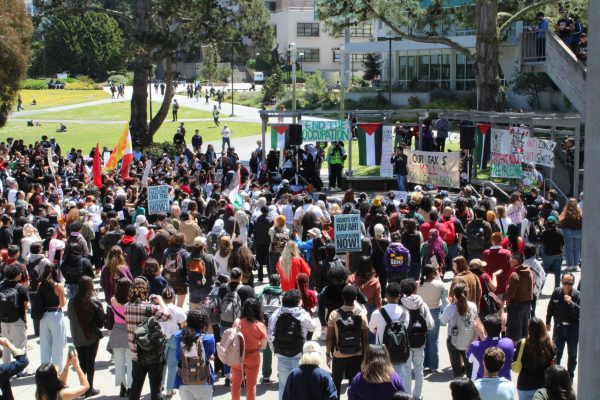
Still, despite the university’s efforts, free speech remains a difficult point of debate. With the April 29 Gaza solidarity rally and encampment, a campus organization named Faculty for Justice in Palestine lists rejecting Time, Place and Manner as one of its strategies—specifically uses of the policy to “arbitrarily silence student action, especially protests for Palestine.” More recently, Students for Gaza and the General Union of Palestine Students saw “the names of Palestinian martyrs” washed off the walls of the administration building.
“I think it really goes to show how, even despite the fact that admin tries to silence us—Lynn Mahoney especially—I think it really goes to show that us having this encampment, us putting up these posters all around campus […] it really shows our solidarity and how invested we are in giving our demands in supporting Gaza and ensuring that institutional money of higher power isn’t being sent over to Gaza to kill the Palestinian people,” said Hal S., a third-year race, ethnicity and health major and media liaison for Students of Gaza, which started the encampment.




